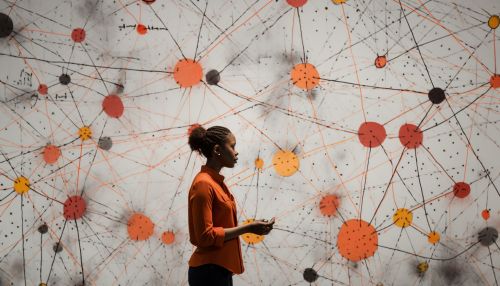Cognitive Mechanisms of Conflict Resolution
Introduction
Conflict resolution is a critical aspect of human interaction, encompassing a range of cognitive mechanisms that enable individuals to negotiate, compromise, and reach a consensus. These cognitive mechanisms are complex processes that involve perception, reasoning, decision-making, and problem-solving skills.
Perception in Conflict Resolution
Perception is the initial cognitive mechanism involved in conflict resolution. It involves the interpretation of sensory information to understand the nature and dynamics of the conflict. Perception in conflict resolution is influenced by various factors such as past experiences, cultural background, and personal biases.


Reasoning in Conflict Resolution
Reasoning is another cognitive mechanism that plays a pivotal role in conflict resolution. It involves the process of making sense of the conflict and formulating logical arguments to support one's position. Reasoning in conflict resolution often involves the use of critical thinking skills to evaluate different perspectives and potential solutions.
Decision-Making in Conflict Resolution
Decision-making is a cognitive mechanism that is central to conflict resolution. It involves the process of choosing a course of action from among multiple alternatives. Decision-making in conflict resolution often involves a careful evaluation of the potential consequences of each option and the selection of the option that is most likely to result in a favorable outcome.
Problem-Solving in Conflict Resolution
Problem-solving is a cognitive mechanism that is often used in conflict resolution. It involves the process of identifying the root cause of the conflict and developing a plan to address it. Problem-solving in conflict resolution often involves the use of creative thinking skills to generate innovative solutions to complex problems.


Conclusion
In conclusion, the cognitive mechanisms of conflict resolution involve a complex interplay of perception, reasoning, decision-making, and problem-solving skills. These mechanisms enable individuals to navigate the complexities of conflict and work towards a resolution that is mutually beneficial.
